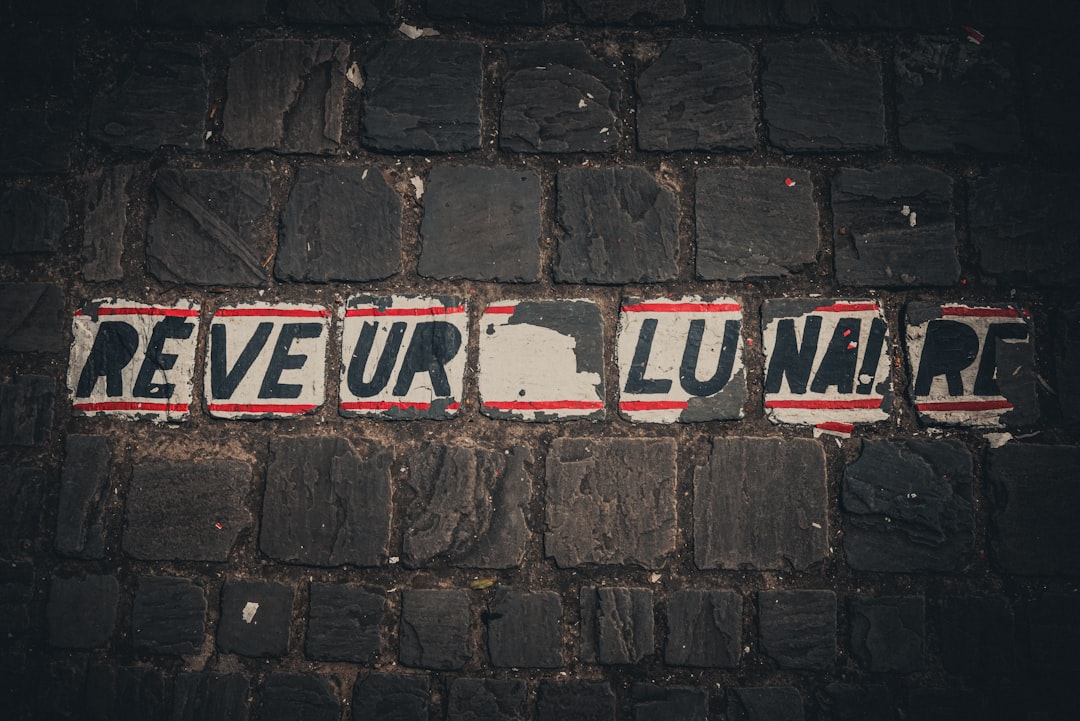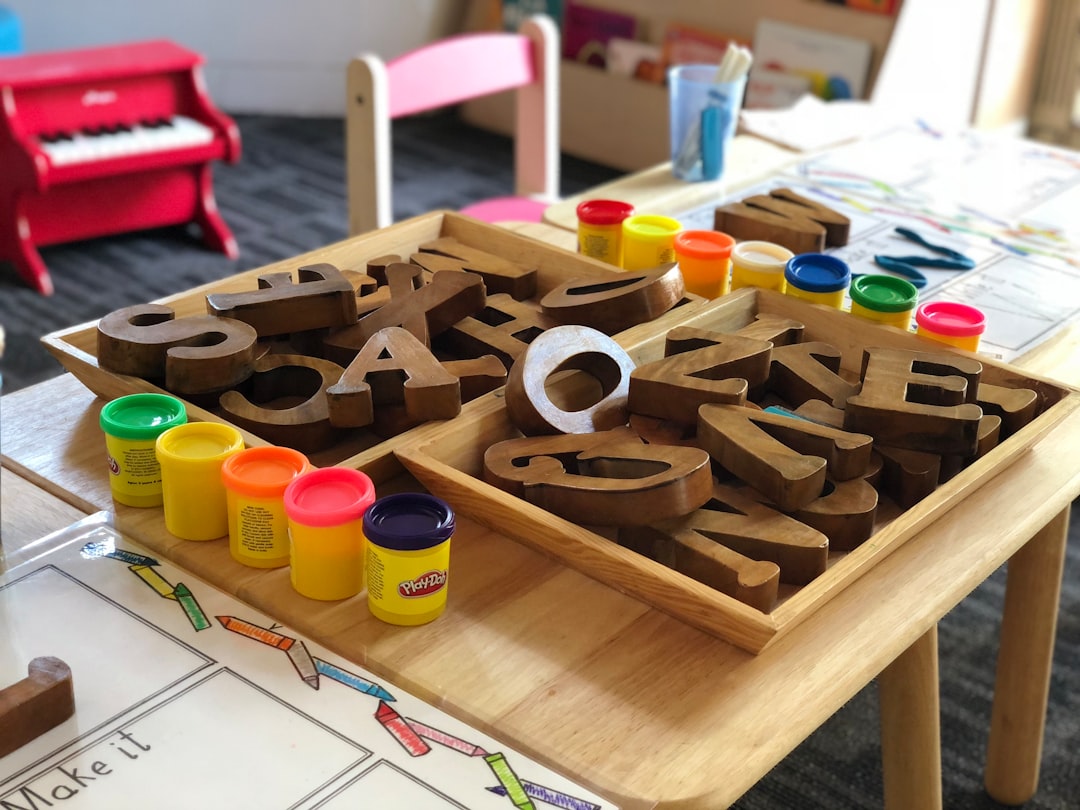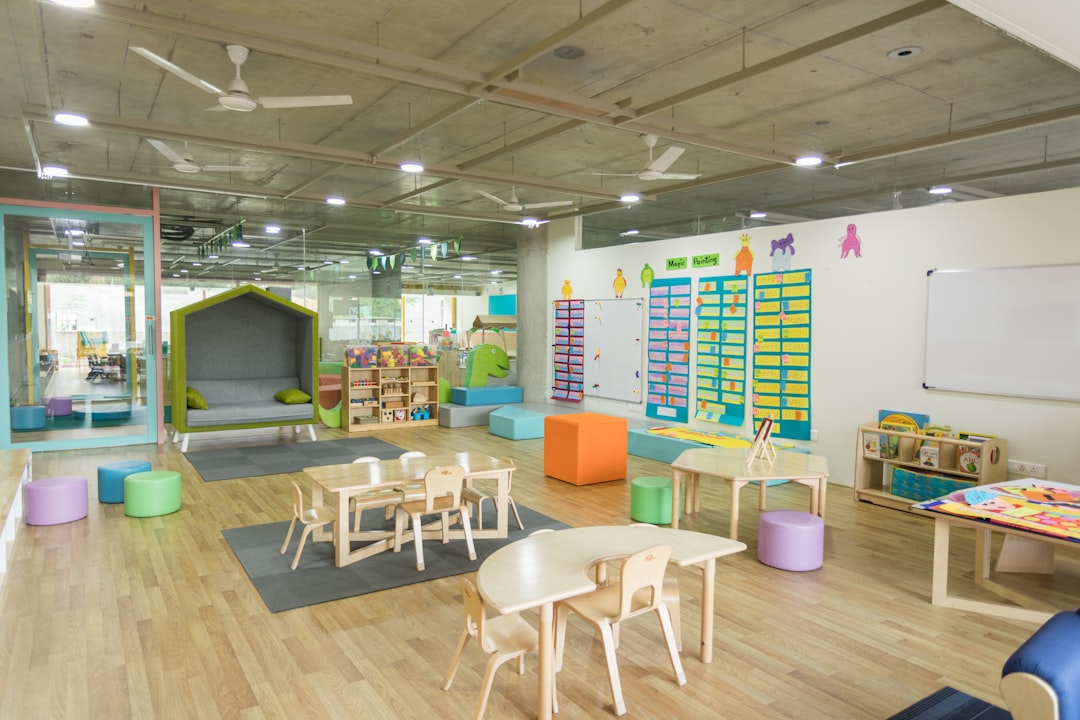In Augusta, Georgia, parents should actively review state-mandated daycare safety regulations, including staff ratios, caregiver qualifications, security measures, and emergency protocols. Stay informed about facility policies like background checks and surveillance systems to protect children from potential harm, especially sexual abuse. Consult a specialized daycare lawyer for Sex Abuse Georgia for guidance on rights, legal protection, and reporting suspicious activities or known abuses. Immediate action is crucial if sexual misconduct occurs, including removing the child and notifying authorities for discreet, effective handling.
In Augusta, Georgia, ensuring childcare safety is paramount for every parent. This comprehensive guide explores essential aspects of daycare security, empowering parents with knowledge to protect their children. From understanding state safety standards to recognizing potential risks and abuses, this article offers valuable insights. We delve into legal protections, parental rights, and critical resources available locally. Additionally, it highlights the importance of preventing and reporting sex abuse in childcare settings, featuring advice from leading daycare lawyers in Georgia.
Understanding Daycare Safety Standards in Georgia
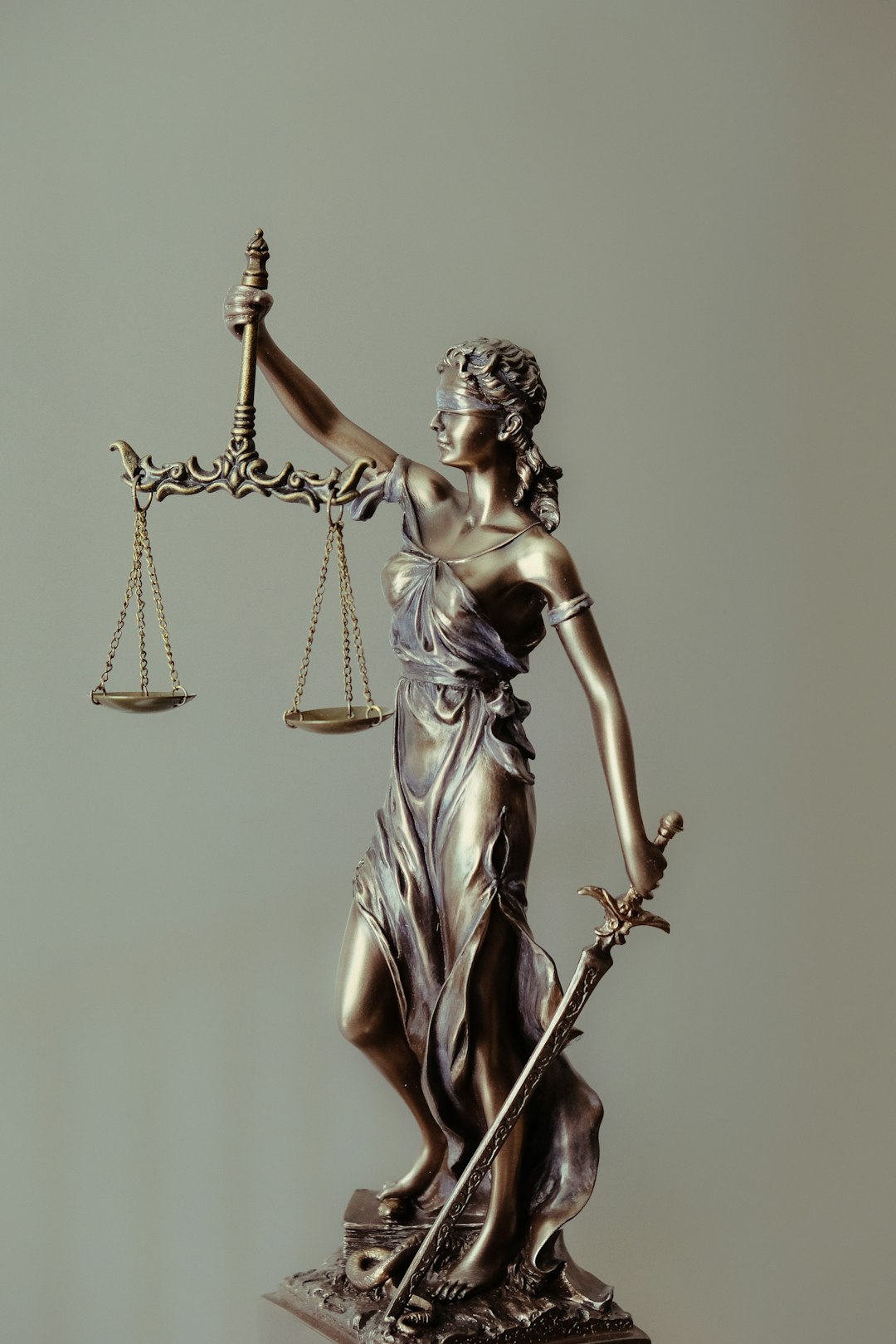
In Augusta, Georgia, understanding daycare safety standards is paramount for every parent considering a care facility for their child. The state has established comprehensive regulations to ensure the well-being and protection of children in daycare settings. These standards cover various aspects, including staff-to-child ratios, educational qualifications for caregivers, security measures, and protocols for emergency situations. Adherence to these guidelines is mandatory, and facilities that fail to comply may face legal repercussions, including lawsuits by a daycare lawyer for sexual abuse in Georgia.
Parents should be proactive in reviewing these safety standards and asking prospective daycares about their policies and procedures. This includes understanding the background checks conducted on staff, the presence of surveillance systems, and crisis management plans. By being informed, parents can make well-versed decisions and ensure their children are in safe and responsible hands.
Legal Protections for Children in Daycares
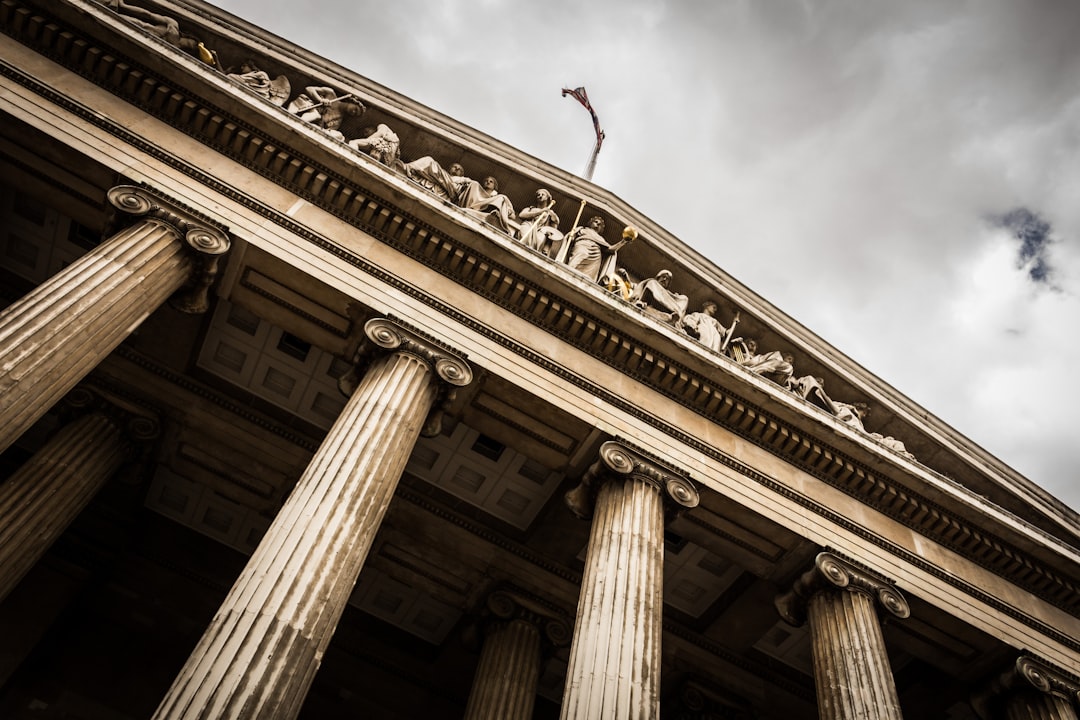
In Augusta, Georgia, children in daycare centers are protected by stringent legal provisions designed to safeguard their well-being and ensure safety from potential harm, including sexual abuse. Parents and caregivers can benefit from understanding these laws that hold daycare facilities accountable for the care they provide. A reputable daycare lawyer in Georgia is equipped to explain these protections in detail, ensuring parents know their rights and are empowered to take action if necessary.
These legal protections encompass various regulations that mandate specific safety measures, staff training, and reporting protocols. Daycares must adhere to strict guidelines regarding background checks for employees, supervision ratios, and the creation of secure environments to prevent any form of abuse, including sexual misconduct. Parents should be vigilant and stay informed about their rights, fostering a collaborative relationship with daycare staff and legal experts to maintain a safe and nurturing atmosphere for their children.
Identifying Potential Risks and Abuses
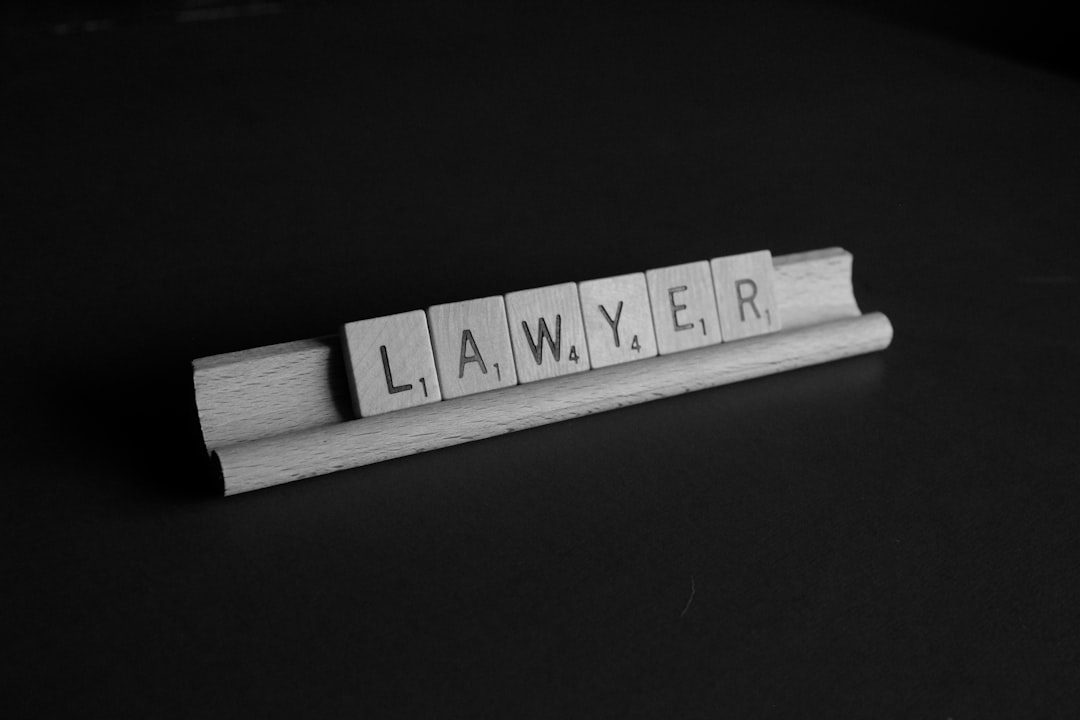
Identifying potential risks and abuses is a crucial step for parents considering daycare safety in Augusta, Georgia. While many daycares provide loving and nurturing environments, it’s essential to remain vigilant against any signs of harm or misconduct. A daycare lawyer for sex abuse in Georgia can offer valuable guidance on what constitutes reasonable caution. Common indicators may include unusual behavior changes in children, unexplained injuries, or suspicious activities within the facility.
Parents should regularly communicate with their child about their day-to-day experiences at the daycare, fostering an environment where they feel comfortable discussing any concerning incidents. Moreover, reviewing a daycare’s safety protocols and staff training records can provide insights into their commitment to child welfare. By staying proactive and informed, parents can better protect their children and ensure a secure daycare environment.
Parent's Rights and Resources in Augusta

In Augusta, Georgia, parents have a right to know and understand the safety measures in place at daycare centers. They are entitled to access comprehensive educational materials that equip them with the knowledge to ensure their children’s well-being. This includes understanding legal rights regarding daycares, especially when it comes to potential sexual abuse. Many resources are available for parents to navigate these important issues.
A daycare lawyer in Georgia can serve as a valuable resource, providing guidance and support for parents who suspect or have experienced sexual abuse within a daycare setting. These attorneys specialize in helping families protect their legal rights and seek justice. By leveraging local laws and regulations, they ensure that daycares are held accountable for maintaining safe environments for children.
Preventing and Reporting Sex Abuse in Childcare Settings
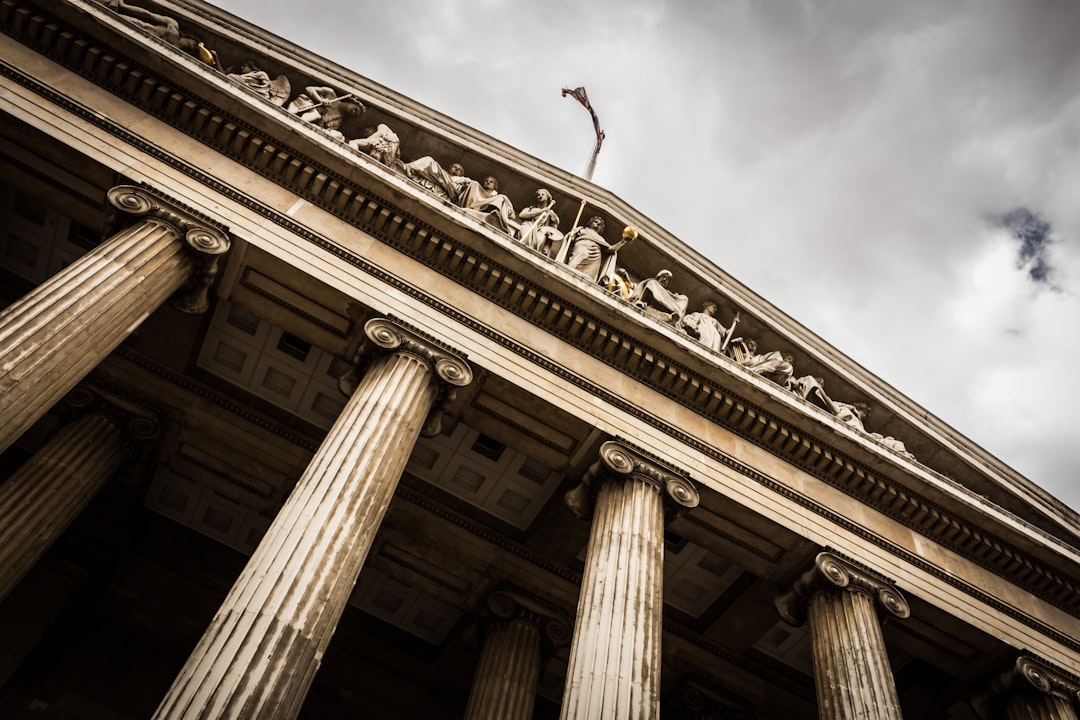
Preventing and reporting sex abuse in childcare settings is of utmost importance, and parents in Augusta, Georgia, should be well-equipped to recognize potential red flags. If a parent suspects any form of sexual misconduct or has knowledge of such an incident, it is crucial to take immediate action. The first step is to remove the child from the abusive environment; seeking legal counsel from a reputable daycare lawyer in Georgia can provide guidance on necessary procedures.
Reporting to local law enforcement and relevant child protective services is essential. These authorities have protocols in place to handle such cases discreetly and effectively, ensuring the safety and well-being of the victim. Parents should document all interactions related to the incident, as this evidence can be invaluable during legal proceedings against the perpetrators.
